Protect Nurse-Led Cosmetic Care in Queensland
What’s happening and why it matters
On 15 April 2025, Queensland Health issued new guidance enforcing strict models for how cosmetic medicines can be accessed and administered. Nurse-led clinics are now limited to two options; both of which reduce flexibility, increase patient burden, and threaten the viability of small businesses. These changes put safe, accessible, and trusted cosmetic care at risk, with serious consequences for patients, nurses, and a predominantly women-led industry.
Impacts for Patients
Under the new rules, patients are now responsible for obtaining and transporting their prescribed cosmetic medicines, which includes keeping them properly stored and refrigerated. Any breach in this cold chain can reduce the safety and effectiveness of the product. Nurses will expect to receive medicines in the correct condition, and if this standard is not met, the product will have to be discarded with the patient bearing the full cost and responsibility.
Patients must now schedule consultations in advance with a doctor or nurse practitioner, obtain a prescription, and have the medicine dispensed to them personally. This removes flexibility; once a prescription is filled, treatment areas cannot be changed without a new prescription. Any unused product must be discarded.
These requirements create new costs, delays, and barriers to care, especially for people in regional areas or those seeking simple and discreet cosmetic treatments from a trusted nurse.
Impacts to Professionals
Cosmetic nurses, over 90% of whom are women, have safely provided cosmetic injectables across Queensland for years. These changes now prevent registered nurses from storing or accessing Schedule 4 medicines, even when prescribed appropriately, unless a prescriber is physically on-site or the product is dispensed per patient.
Nurses face loss of autonomy, income, and leadership opportunities. Clinics that relied on collaborative, compliant telehealth models may be forced to shut down, especially in areas where aesthetic-trained prescribers are unavailable. The risk of professional sanction increases for nurses who attempt to meet patient demand in a system no longer accommodating safe, efficient workflows.
Impacts to Industry
As of May 2025, there are approximately 560 nurse-led cosmetic clinics in Queensland, with 800 to 900 cosmetic nurses, the vast majority of whom are women. These small businesses contribute significantly to Queensland’s economy and healthcare access.
Policy changes now threaten the viability of this workforce. Regional clinics may close, and remaining practices may be absorbed into corporate structures, removing personalised care in favour of more costly, impersonal models. The sector risks losing decades of innovation, training, and client trust built by women in health leadership.
What Needs to Change
We call on Queensland Health and the Queensland Government to adopt a balanced, evidence-based approach that ensures public safety in accordance with the Medicines and Poisons Act 2019 (MPA) and the Medicines and Poisons (Medicines) Regulation 2021 (MPMR) — without dismantling nurse-led services.
Robust governance is essential, but it must be practical, enforceable, and fair. The current enforcement approach disproportionately affects a predominantly female, nurse-led industry, despite its strong track record of safety and compliance.
We urge the government to:
Suspend current enforcement and allow transitional compliance pathways while working with stakeholders to develop consistent application of the MPA and MPMR that supports the cosmetic industry
Recognise nurse-led cosmetic care as a safe, regulated, and collaborative model of health service delivery
Implement a licensing or registration system for all cosmetic providers, tied to mandatory training and ethical standards
Require real-time complication reporting and public release of outcome data by practitioner type, not clinic structure
Mandate accredited training and continuing education for all clinicians who administer Schedule 4 (S4) medicines
Introduce secure, auditable prescribing platforms to strengthen medicine oversight while maintaining treatment flexibility
Ensure regulatory policy aligns with MPMR sections 54–57, which clearly permit nurse administration of S4 medicines under a valid prescription
Include nurse and patient representation in all future regulatory reviews and working groups
Support regional and rural access through scalable, team-based models that meet both safety and service delivery needs
How You Can Help
Add your voice to protect nurse-led care in Queensland:
Sign the petition to support fair, inclusive regulation
Share it with your networks — your story matters
Contact your MP to ensure women’s health and workforce equity are heard
Let’s protect your choice and your aesthetic care provider. STRONGER TOGETHER
